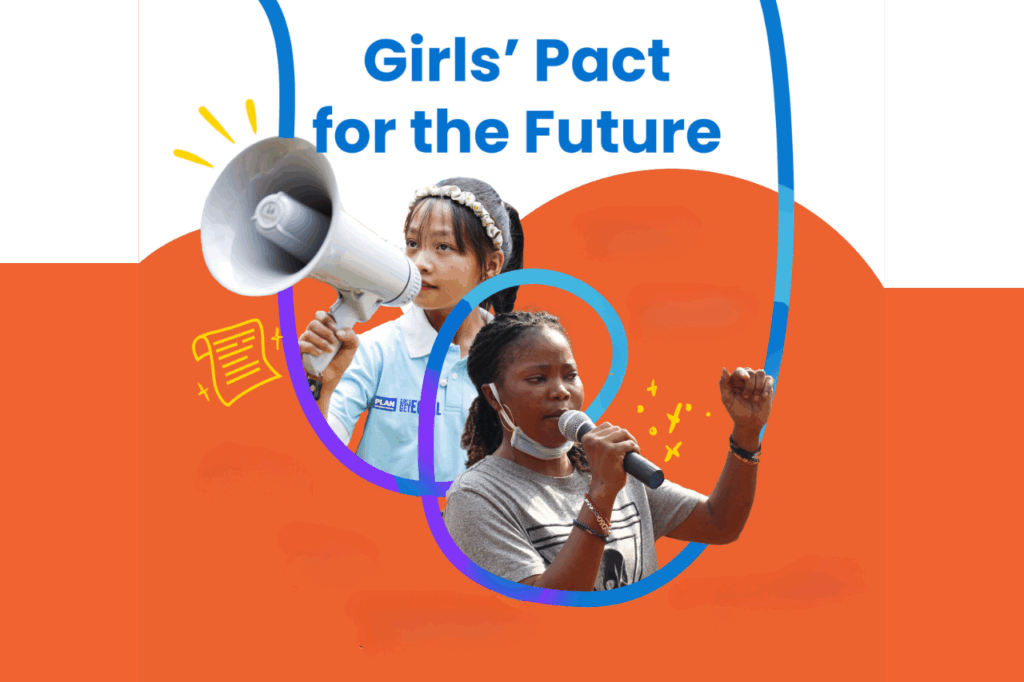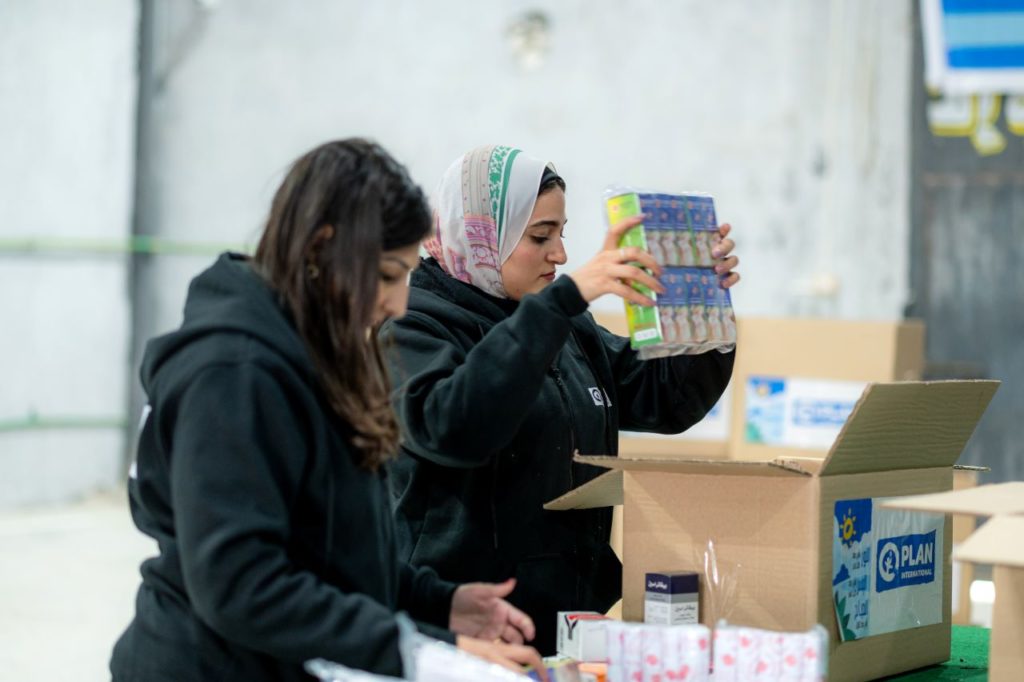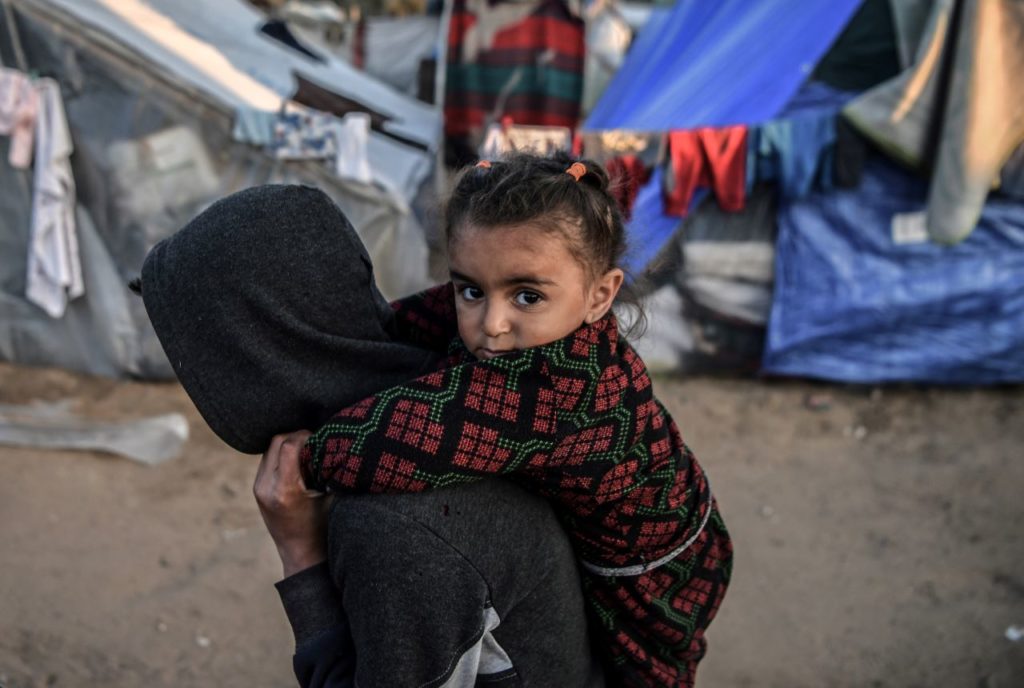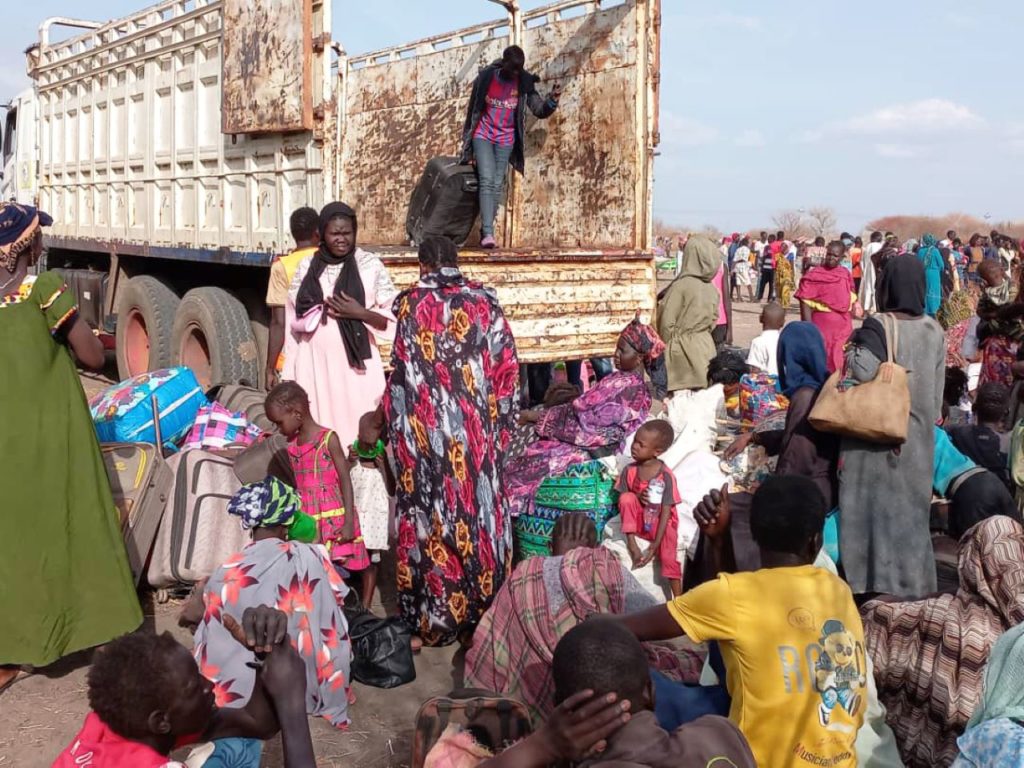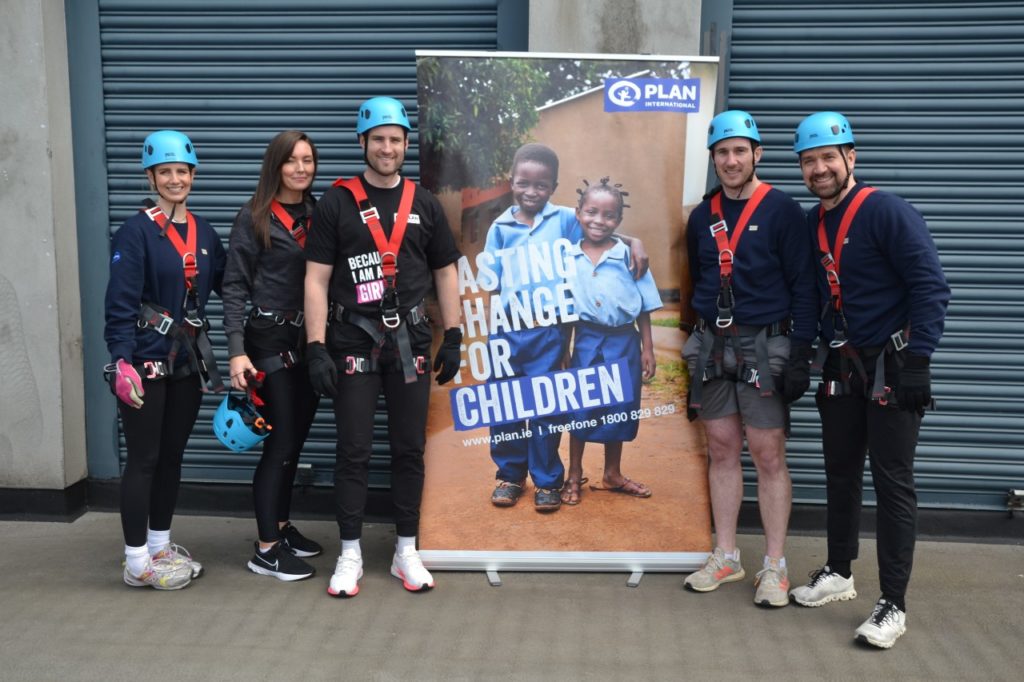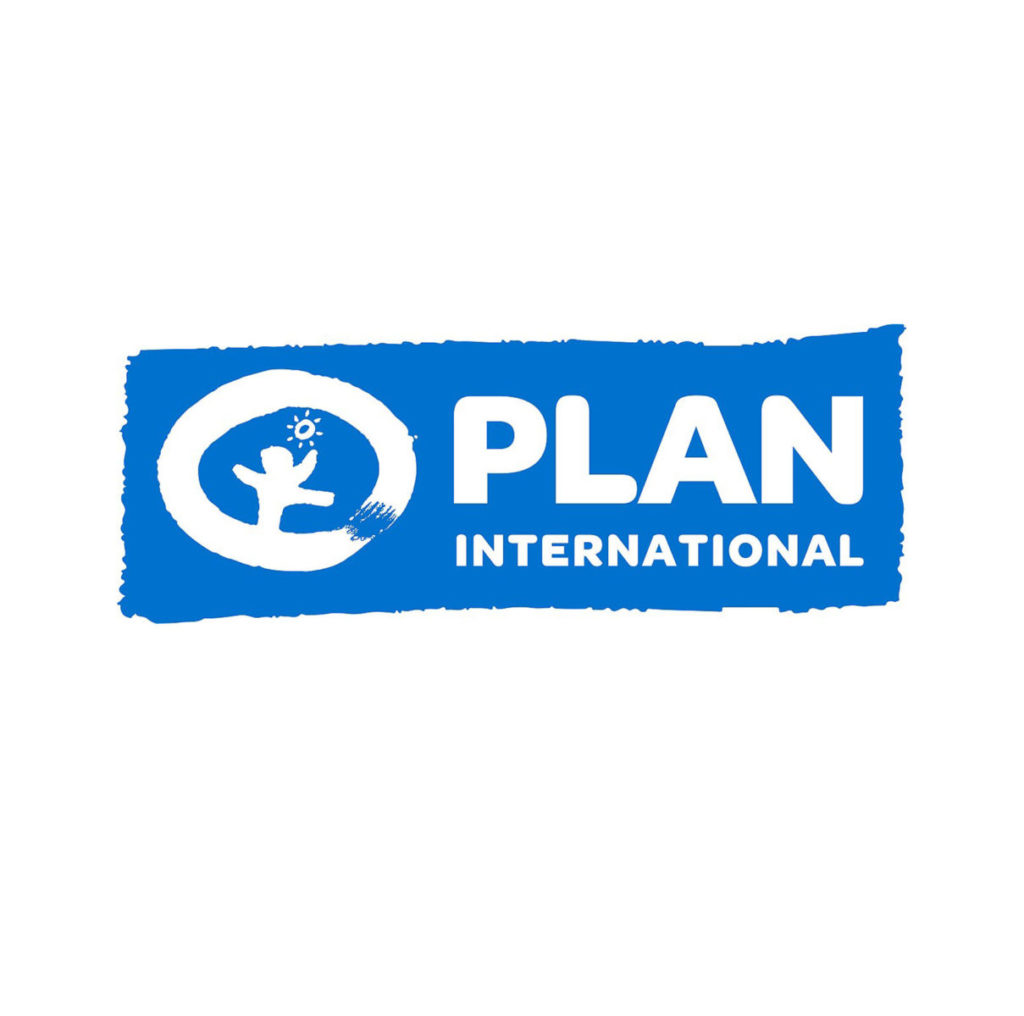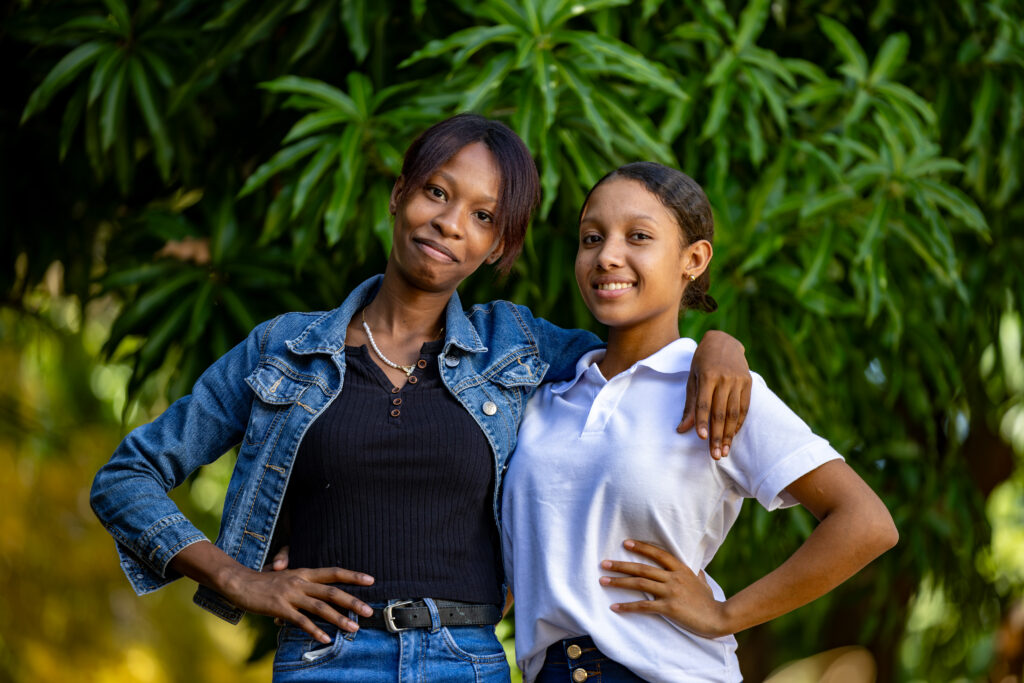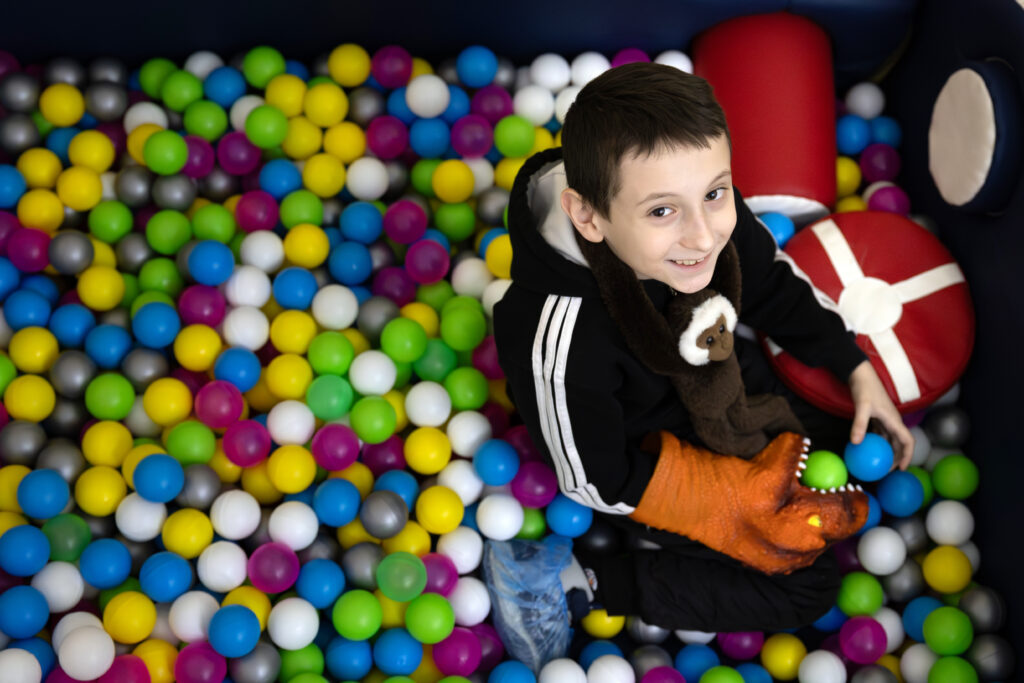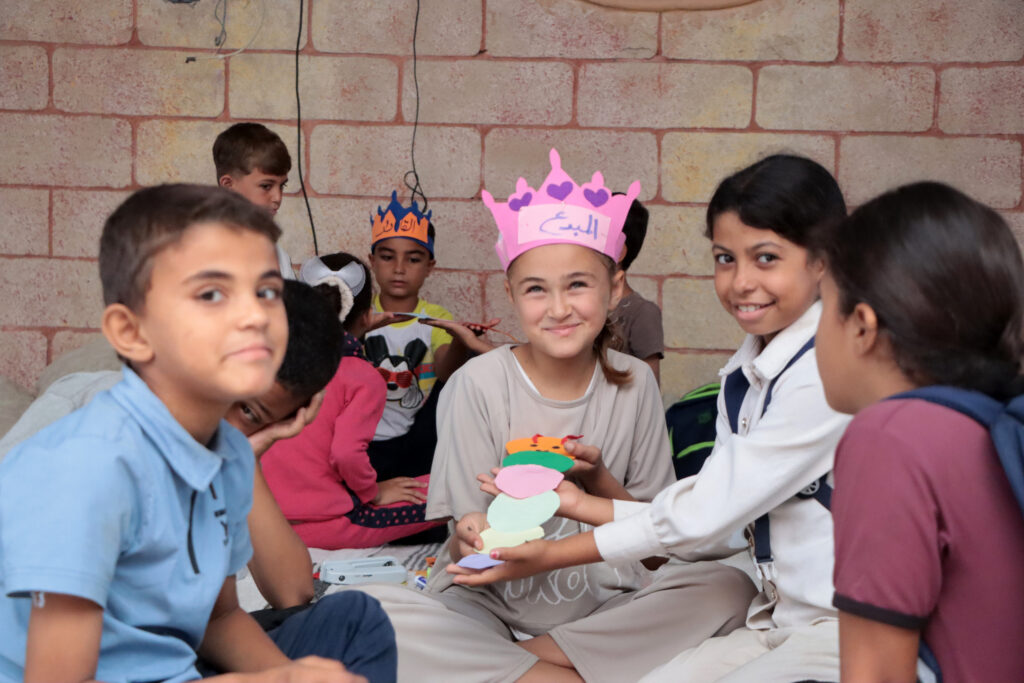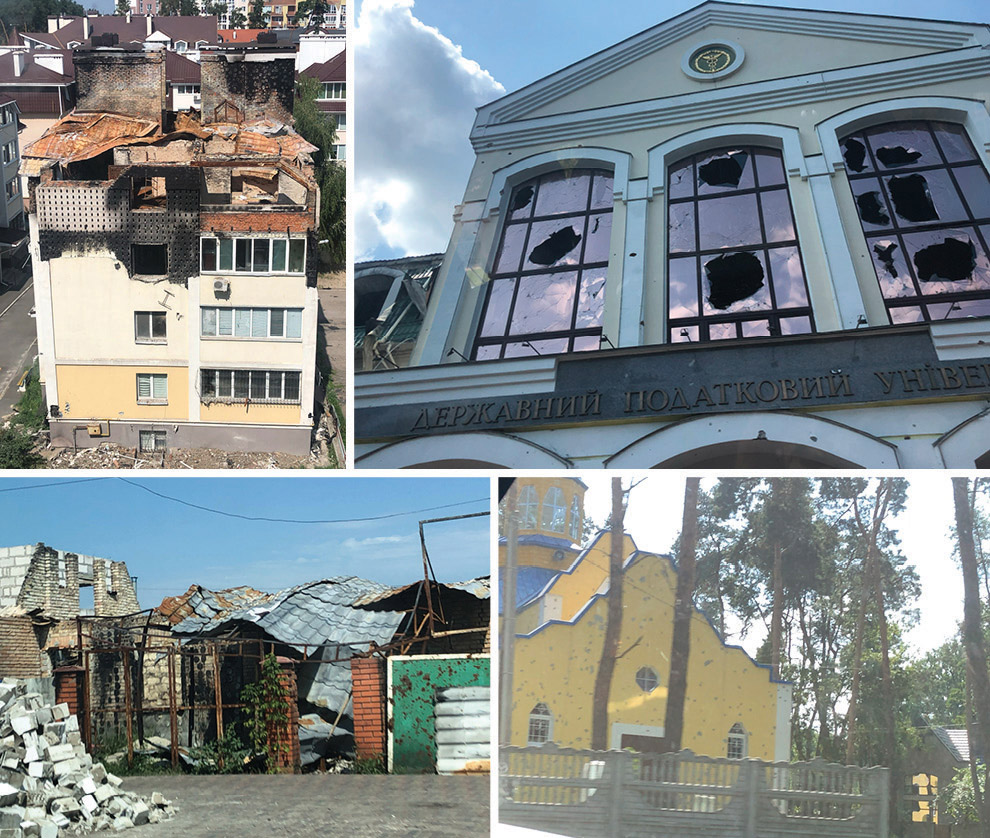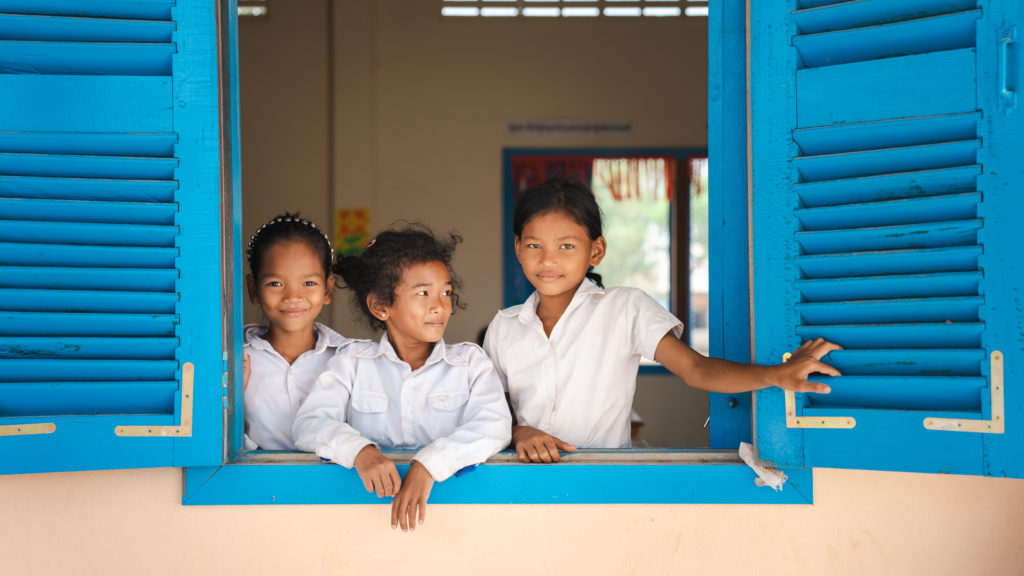Linda Furnham, Plan International Ireland’s Programme Support Officer (Emergencies) reports live from West Africa.
Well, some of you may remember better than others, but when I was a girl, I worried about a handful of rather superficial things. Would I make new friends in secondary school? Would I make the football team at school like my older sisters did? But ask a 12 year old girl displaced by Boko Haram violence in Northeast Nigeria and she will tell you a different story.
Since 2009, violent attacks on civilians by the Islamist militant group Boko Haram has left widespread devastation in the Northeast of Nigeria – an area home to around 24.5 million people (13.5%) of the Nigerian population. By August 2016, Boko Haram related violence had affected the lives of an estimated 14.8 million people. More than 2.6 million people have been displaced due to the insurgency and counterinsurgency operations, including over 230,000 people seeking refuge in neighbouring countries such as Cameroon and Niger. Despite the overwhelming numbers, most of us know Boko Haram from worldwide news in April 2014 when insurgents kidnapped 276 girls from their school in Chibok – a small local government area inside just one of Nigeria’s 36 states. But what many of us don’t know, is that at the height of its influence, Boko Haram had seized 4 states in the Northeast, and had stolen thousands of unnamed and unknown women and girls as protection against counter attacks and for use as wives or to perform “women’s duties”.
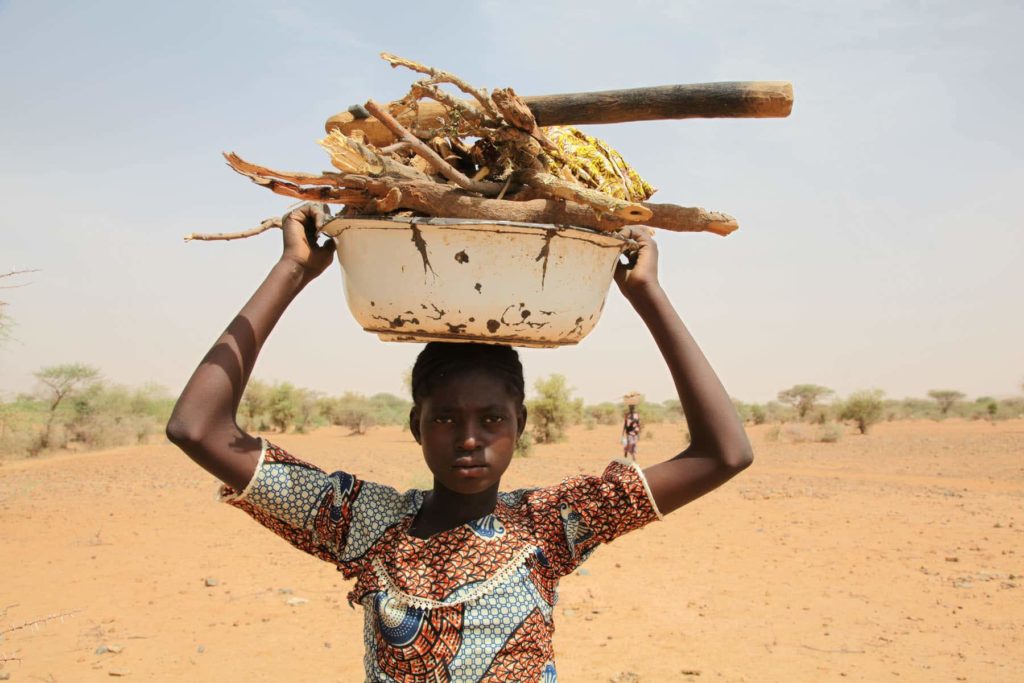
So ask a 12 year old girl displaced by Boko Haram violence what she is worried about, what keeps her up at night, what makes her nervous and bite her nails – she won’t tell you. She won’t tell you that sleeping on a straw mat crammed together under plastic sheeting makes it hard to get comfortable enough to sleep. That she worries she will never see her elderly grandmother again, who wasn’t able to run with them to safety. That the men who came to kill her father will somehow find her and kill her too. That she will be forced to marry, because they don’t have enough money to send her to school.
No, she won’t tell you. But what she will say is that she worries about making new friends in her new home and fitting in despite the stereotypes about her community. That she needs new clothes, and a bin to do her washing. That if her mother had a job, she would be allowed to go to school.
Plan International wants to help with all that. By providing Child Friendly Spaces, girls and children displaced by the crisis can come together in a safe environment, supervised by trained facilitators. The space brings a sense of normalcy to their lives, and allows for meaningful discussion on fears, stress, hopes and dreams – supporting them to build friendships and receive mentorship by trusted adults. Plan International is also providing desperately needed commodities such as clothes, soaps, food stuffs, and shelter materials to help families stabilize and regain dignity. To get girls back on track, Plan International will provide informal education and vocational training opportunities to support girls to reintegrate back into their communities and support themselves and their families.
Because of after all she’s just a girl, and worried about the same things any girl would worry about – miles away from home.
